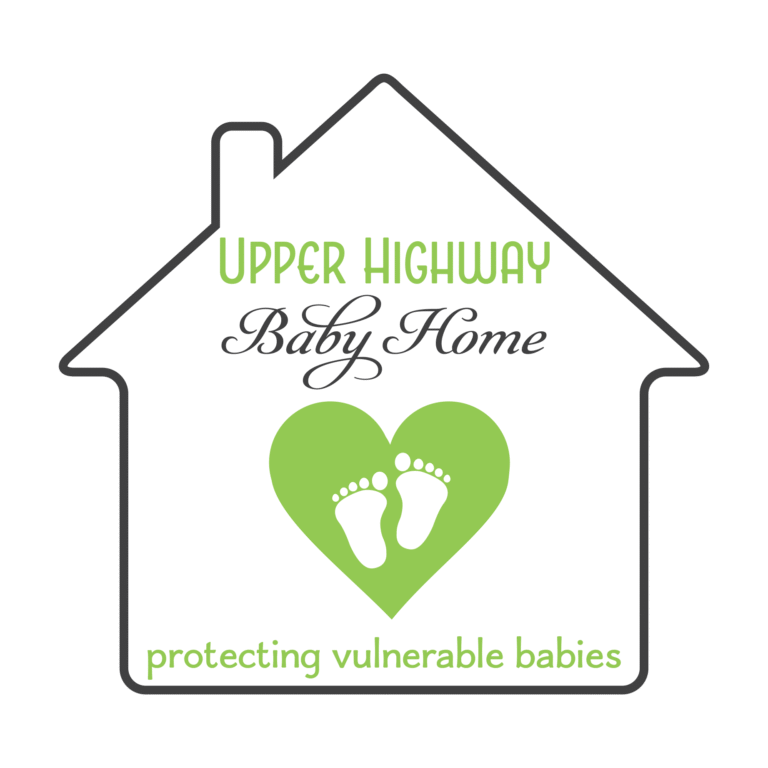A Brief History of Orphanages
A Brief History of Orphanages
The concept of caring for orphaned or abandoned children has existed for millennia, but the formalized institution of the orphanage is a more recent development.
Ancient Origins
- Religious Influence: Early forms of orphan care can be traced back to religious institutions. In ancient Rome, for example, the Church played a significant role in providing shelter and care for abandoned children.
- Community Responsibility: Many societies recognized a collective responsibility for the well-being of children. Athenian law, for instance, supported orphans of those killed in military service.
Medieval Europe and Beyond
- Church and Monastery: During the Middle Ages, the Church continued to be a primary provider of care for orphans, with monasteries often serving as places of refuge.
- Apprenticeship: As children grew older, they were often apprenticed to trade guilds or households to learn a skill and provide for themselves.
- Foundling Hospitals: These institutions, primarily established in the 16th century, were designed to care for abandoned infants. While they provided a lifeline for many, conditions were often harsh, and infant mortality rates were high.
Industrial Revolution and the Rise of Orphanages
- Urbanization and Poverty: The Industrial Revolution led to increased urbanization, poverty, and family breakdown, resulting in a surge in the number of orphaned and abandoned children.
- Institutionalization: Orphanages emerged as a response to this crisis. These institutions were often overcrowded, with limited resources and poor living conditions.
- Child Labor: Many orphans became part of the industrial workforce, subjected to harsh conditions and exploitation.
20th Century and Beyond
- Reforms and Foster Care: The early 20th century saw growing concerns about the negative impact of institutionalization on children. This led to a shift towards foster care as a preferred alternative.
- Child Welfare Systems: Governments began to establish child welfare systems to provide support and protection for children.
- Modern Orphanages: While the number of traditional orphanages has declined, the need for care for vulnerable children persists. Modern orphanages focus on providing a family-like environment, education, and support services.
It’s important to note that the history of orphanages is complex and varies significantly across different cultures and time periods. While they have served an important role in providing care for children in need, the challenges and criticisms associated with institutional care have led to a shift towards family-based alternatives and community-based support systems.






